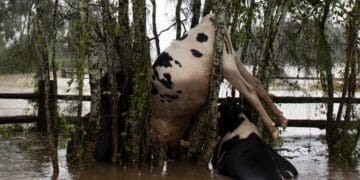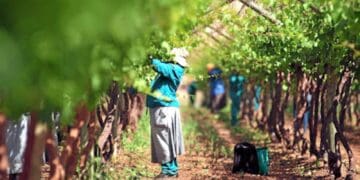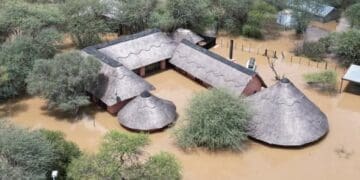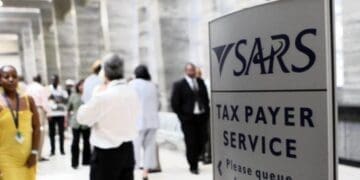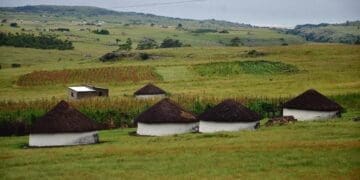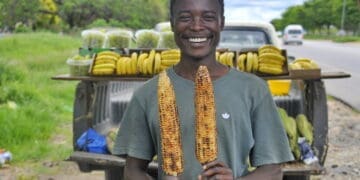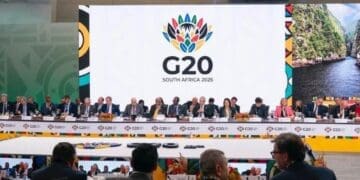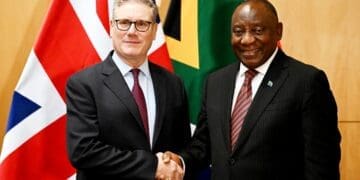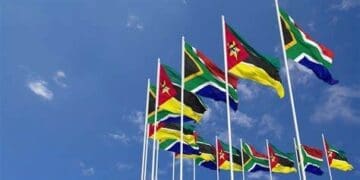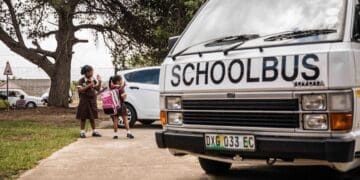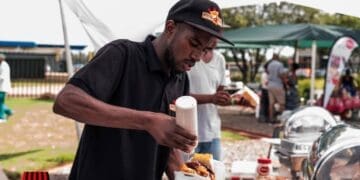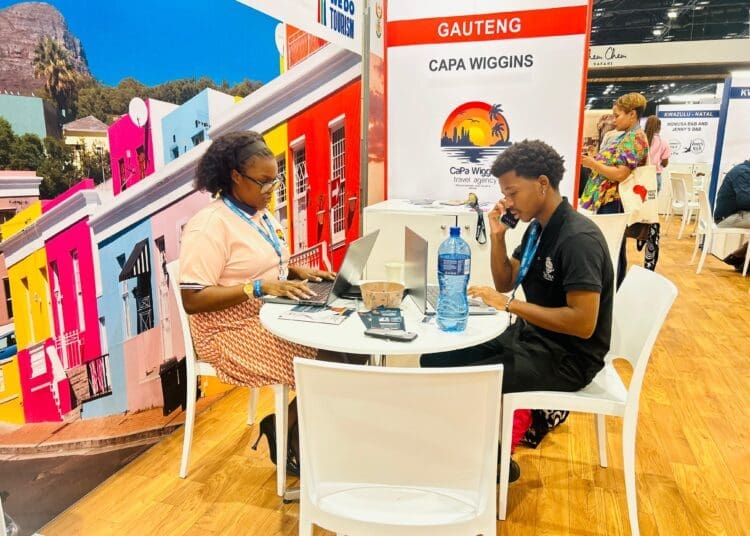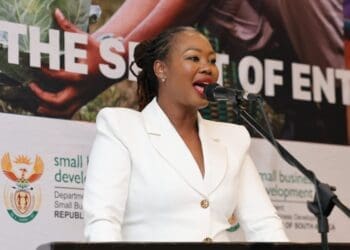As Durban wrapped up this year’s Africa Travel Indaba, the city once again cemented its role as a gateway to tourism and economic collaboration on the continent.
This year’s trade show was not only a bustling marketplace for travel deals, but also a vital contributor to the local economy. Early insights estimate that the indaba contributed R574 million to the city’s GDP, with over R232 million in direct spending.
More than 2000 jobs were created, many of them benefiting young people and local communities. The event is also expected to add more than R140 million to household incomes.
For businesses across the continent, the indaba proved to be a powerful platform for exposure, partnerships and sustainable growth.
Khotso Micha, managing director of Southern Explorer in Cape Town, said his company used the opportunity to connect with other tourism enterprises that shared its values.
“We were able to meet businesses that are fair trade accredited and focused on sustainability. We are currently in the process of becoming Travel Life certified, and participating in [the] indaba helped us move closer to that goal,” he said.
Micha praised the presence of international buyers and African exhibitors alike, saying it underscored the continent’s appeal as a unified tourism destination.
Despite some logistical frustrations such as exhibition stands not being ready on time, he acknowledged that the positive energy and networking opportunities outweighed the challenges.
Gopolang Makgotho, who leads Calvinos Shuttle Services, echoed this sentiment.
Her business, which provides transport and tour packages, attended the indaba for the second time and gained valuable insights into current industry trends.
“We were able to position ourselves as a reliable, safe and customer-focused shuttle service provider, and we had the chance to promote our services to an international audience,” she said.
Makgotho also reported establishing promising partnerships with travel agencies, tour operators and hospitality businesses. These connections, she believes, could lead to collaborative ventures such as guided tours, airport transfers and corporate transport solutions.
However, she added that future editions of the meeting could benefit from improved digital marketing support, better coordination for transport logistics and structured matchmaking between exhibitors and buyers.
From beyond South Africa’s borders, the indaba also proved its worth.
Makhala Raliile, assistant information officer at the Lesotho Tourism Development Corporation, said the event was crucial in raising awareness about her country’s offerings.
“Many people didn’t even know where Lesotho is located. After speaking to us, they are now eager to visit the Kingdom in the Sky,” she said.
Lesotho’s exhibition team made a point of highlighting lesser-known tourist attractions and received strong interest from tour operators looking to partner with them.
This interest translated into action, with a memorandum of understanding signed between Lesotho’s tourism authority and a KwaZulu-Natal stakeholder, which is an early sign of cross-border collaboration sparked by the event.
Unlike some exhibitors who faced organisational issues, Raliile said Lesotho’s team experienced a well-run and supportive environment.
“Everything was clear and well organised. The staff was helpful and the hospitality was outstanding,” she said.




